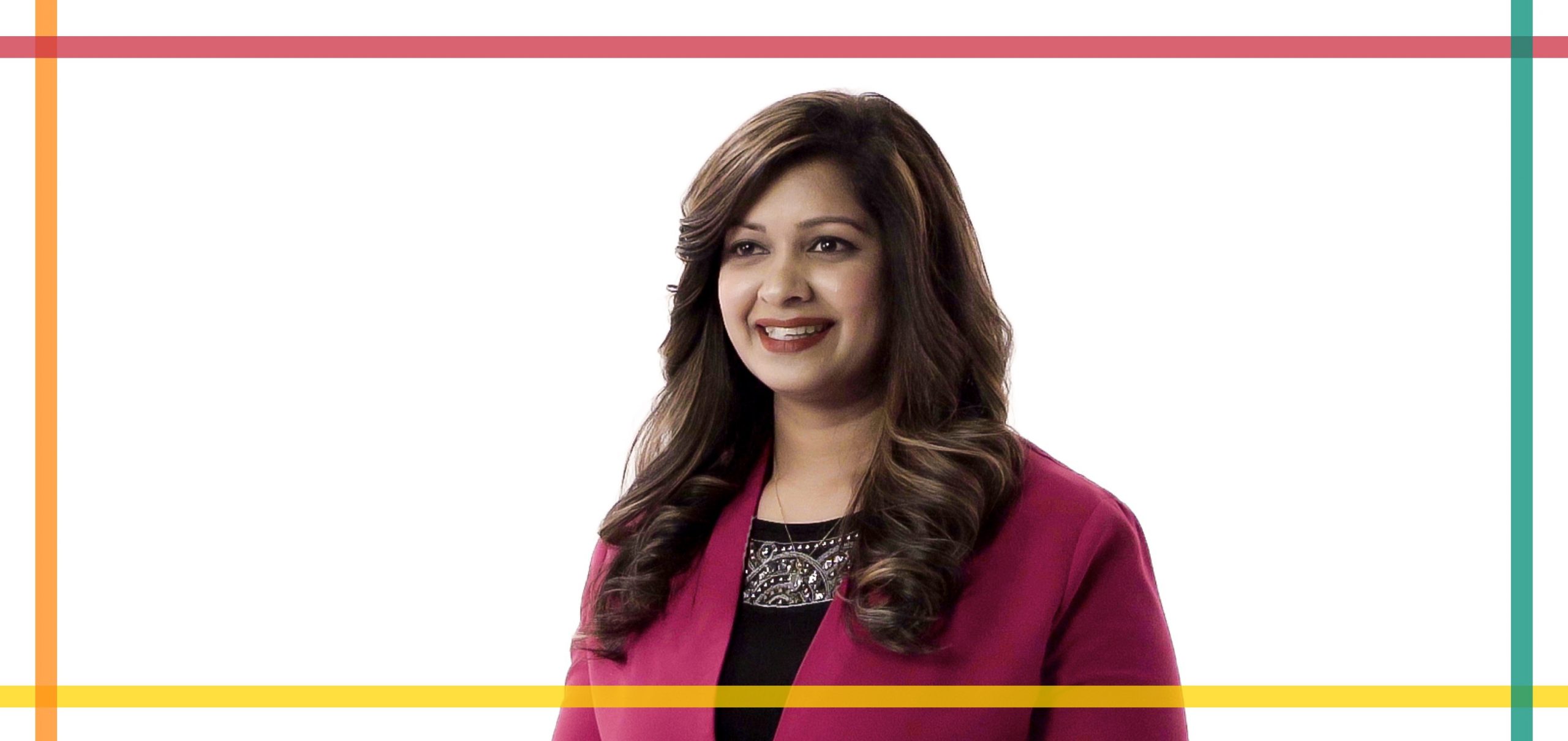From an interview with Wanzi Silva, Financial Advisor, RBC.
Wanzi Silva is a financial advisor at RBC Newcomer Meeting place – a unique Royal Bank of Canada (RBC) branch that supports new immigrants with their banking, employment and settlement needs in Canada. She moved to Canada with her family in 2017 and joined RBC in 2018 as a banking advisor. At RBC, Wanzi is the recipient of two prestigious awards at the bank: the RBC Convention award and the Leo Award for exceptional performance and for going above and beyond with community initiatives that support newcomers.
In this candid interview, Wanzi draws on her experience as a newcomer and a financial advisor as she provides valuable tips to build a secure financial future in Canada. She also shares advice on how newcomers can continue to provide financial support to their family members back home without compromising on their financial goals in Canada.
| Q: | Having worked in the financial services industry back home in Sri Lanka, what was your first impression of banking and finances in Canada? |
| Wanzi: | I found banking in Canada to be a little different than back home. For instance, in Sri Lanka, for day-to-day transactions, we mostly use a simple savings account that has unlimited debits. But in Canada, the chequing account is the main account for daily transactions while the savings account has limited transactions permitted. Unlike back home, in Canada, there are various registered investment plans designed to encourage you to save for your retirement or children’s education or other goals and most of them have tax benefits. For domestic money transfers, the Interac e-transfer method that utilizes an email address or phone number was fascinating to me. |
| Q: | When you moved here with family, did you plan your finances and budget for all your expenses in the initial months? |
| Wanzi: | Yes, especially considering I have a background in finance. During the immigration process we were encouraged to bring enough settlement funds for the first six months. Further, we connected with our friends in Canada prior to landing and got a rough idea about fixed and variable expenses and worked out a budget accordingly. We brought some savings from back home to support daily expenses and both me and my spouse had an open mind to take up any survival job until we found employment in our respective fields. In fact, we both took up short-term temporary jobs for the first one or two months and this helped us with paying our monthly bills and to save the funds we brought from back home.
Some other information that might be helpful as you budget your finances –
|
| Q: | What were some of your financial goals when you had just moved to Canada? |
| Wanzi: | Buying a car was our first priority. We didn’t spend too much on this goal; we got a used car soon after we got our license, during the first three months of moving here. We wanted to keep our savings to fund our second goal – buying our first home in Canada. |
| Q: | Did you have a timeline in mind for achieving your financial goals? |
| Wanzi: | Yes. Even though buying a car was our first goal we were mindful not to spend $20,000 or $30,000 CAD towards that goal. We knew that we could always buy a brand new car later on and decided to keep the bulk of our savings for a down payment on our house. We had a target of buying a home within the first three years of landing and we were able to accomplish it. |
| Q: | For cultural reasons, many newcomers send money back home to support their families – this is often a priority for them. As a financial advisor, what advice would you give these newcomers? |
| Wanzi: | I have met many newcomers who financially support loved ones in their home country. Sending money back home can be a very challenging scenario especially if you are unemployed during the first few months. At times I’ve seen people taking up multiple jobs because they have to send money back home. This can really be very exhausting and can take a mental and physical toll on you.
I’d recommend leaving some of your savings back home for your family so that you don’t have to worry about it at least during your initial time in Canada. Next, it’s important that you budget and arrive at a realistic amount that you can send back home rather than trying to send almost everything that you earn – which can lead you to apply for additional loans or take on additional debt before you actually start saving. Lastly, I know some banks like RBC provide a few free wire transfers for newcomers during the first 12 months. You should sign up for newcomer benefits like these as it will save you some money transfer fees. |
| Q: | For many immigrants who move here, the initial months are difficult – in terms of managing expenses. To add to it, the pandemic has not been very kind to recently landed newcomers who are still looking for employment. Against this backdrop, as a financial advisor, do you have any tips for those looking to build a strong financial foundation from the get-go? |
| Wanzi: | Yes, the pandemic has been a challenging time. I’d encourage newcomers to apply for part-time, contract or temporary positions by leveraging their transferable skills. Not only will it help you with your finances but it will also enable you to earn Canadian experience. Many of these jobs are remote so you’ll end up saving your travel expenses. Also, it’s important to watch your variable expenses (e.g. groceries, getting takeout food, medical expenses, etc.). You can easily control them if you plan your finances and try not to go over budget. |
| Q: | Do you have any advice for prioritization of financial goals: saving for retirement vs. building an emergency fund vs. investing vs. sending money back home? |
| Wanzi: | Absolutely! It is important to cultivate healthy financial habits and start saving early on. Retirement is a very important goal in Canada that is often neglected. Because each individual’s financial situation is so unique, there is no one-size-fits-all recommendation. My advice would be to connect with your Advisor at the bank to get advice around various investment strategies and options to help you plan for your future. |
| Q: | What are some good financial habits newcomers should practise to ensure they build a secure financial future for themselves and their families in Canada? |
| Wanzi: | Apart from budgeting and investing, building and maintaining credit in Canada is very important. Your credit history in Canada is your financial reputation. Even when you want to apply for a $500 CAD credit card in the future, the banks will consider your credit history. Therefore, if you are offered a credit card at the time of opening your first bank account in Canada, please accept it and start using it wisely.
Even if you are an international student or a temporary foreign worker and you have a credit card, please use it carefully and ensure you pay your credit card bill in full and on time each month. At times temporary residents have the wrong idea that their credit history will actually start building when they become a permanent resident and that is not true. Know that your credit history starts building as soon as you get a basic credit card in Canada. Further, when you are renting a place, your landlord also has the right to ask for your credit history and to refuse your application if they are not happy with your credit report. Therefore, be vigilant about credit in Canada and when in doubt, always speak to an expert for advice. |
| Q: | Any final words of financial advice to newcomers? |
| Wanzi: | Moving to a new country can be overwhelming, especially when we don’t know of, or lack access to helpful resources.
I’m proud to be working at RBC because we are the only bank that has newcomer centres across Canada to help newcomers with settling in. We always lead with the hashtag #AskMeAnything, which means you can always reach out to us when you need help, be it financial advice, banking or beyond. |






